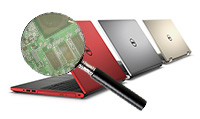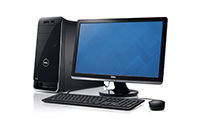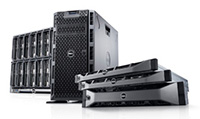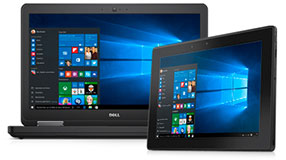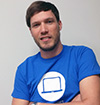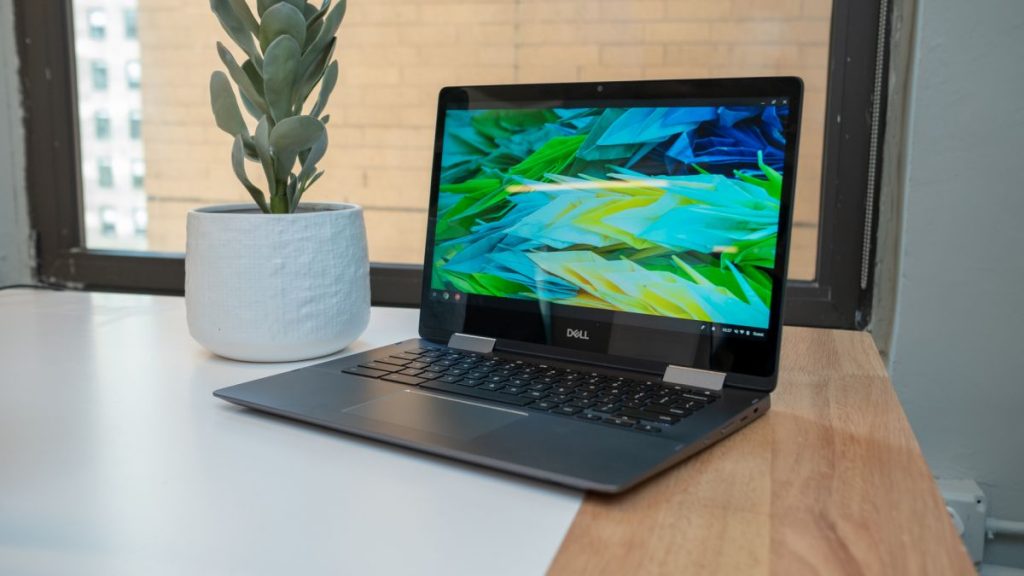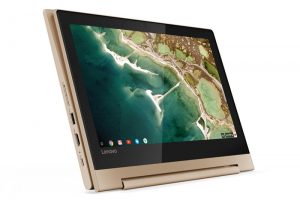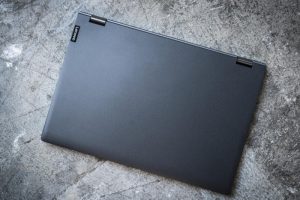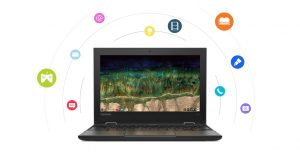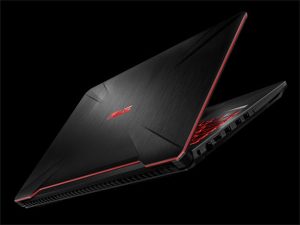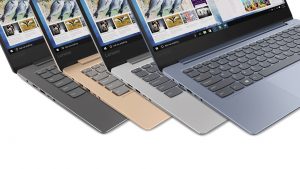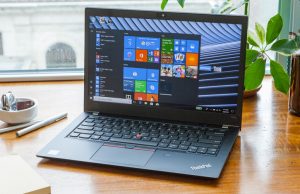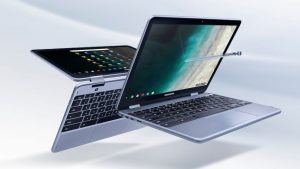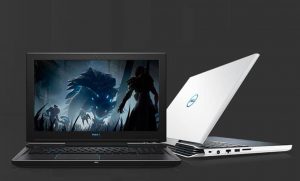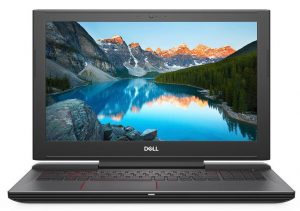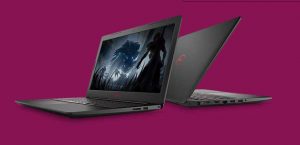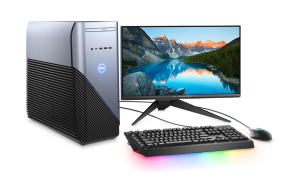Austin TX, Silicon Hills, ATX -- Futurist, Strategic Planner, and Consultant to Fortune 100 companies and government intelligence agencies, David Smith addressed the IEEE Computer Society in March at the HP (Hewlett-Packard) complex, with a presentation titled: "What is after Cloud Computing?". If one has an ear with which to hear, Smith's main points will not be nebulous.
When thinking of the systems architecture of cloud computing, Smith recommended thinking of Compuserve or AOL as examples. Key words are:
- Cloud types: Public, Private, & Hybrids of those two
- Ensembles = Systems of Systems
- AMP - Algorithms, Machines, People
- Parallelism

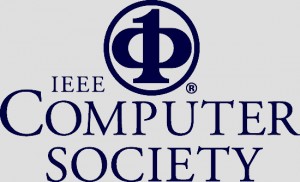
- Virtualization
- Trend Analysis
- Commodity Components
- Outsourcing Core Elements
- Collaboration
- Delegation
- Common-collective
- Artificial-intelligence
He made the point that 70% of companies never recover from a data-disaster. Smith said there is no such thing as "security", just "risk management". He mentioned that the 4 largest companies running Salesforce software refused to run it in the cloud, preferring instead to use it in a protected internal network environment. Those are very large corporations, with some of the world's most sophisticated IT departments. Be advised.
My own thoughts on that were previously expressed in the article: "What is the Consumerization of IT Trend? – Executive Digest". That's not a bad segue. BYOD (Bring Your Own Device) and Consumerization of IT trends are inherently at war with data security. I fully expect to see a severe corporate data-leak in the next 12 to 18 months with global repercussions. Don’t forget that insurance policy.
Smith mentioned the fact, that only one-percent of processor chips are actually in computers: the other 99-percent are parts in everything else, including 15 or more CPUs in your car. So what does that have to do with "What is after Cloud Computing?".
David Smith referred to a "common-collective", using "artificial-intelligence", and mentioned the Star Trek TV series Borg-collective as an example. His point seemed to be that all CPUs in all devices will, in the near future, be put to use as components of the cloud common-collective, even when the device itself is not being used by its owner.

 Laptop & Tablet Parts
Laptop & Tablet Parts